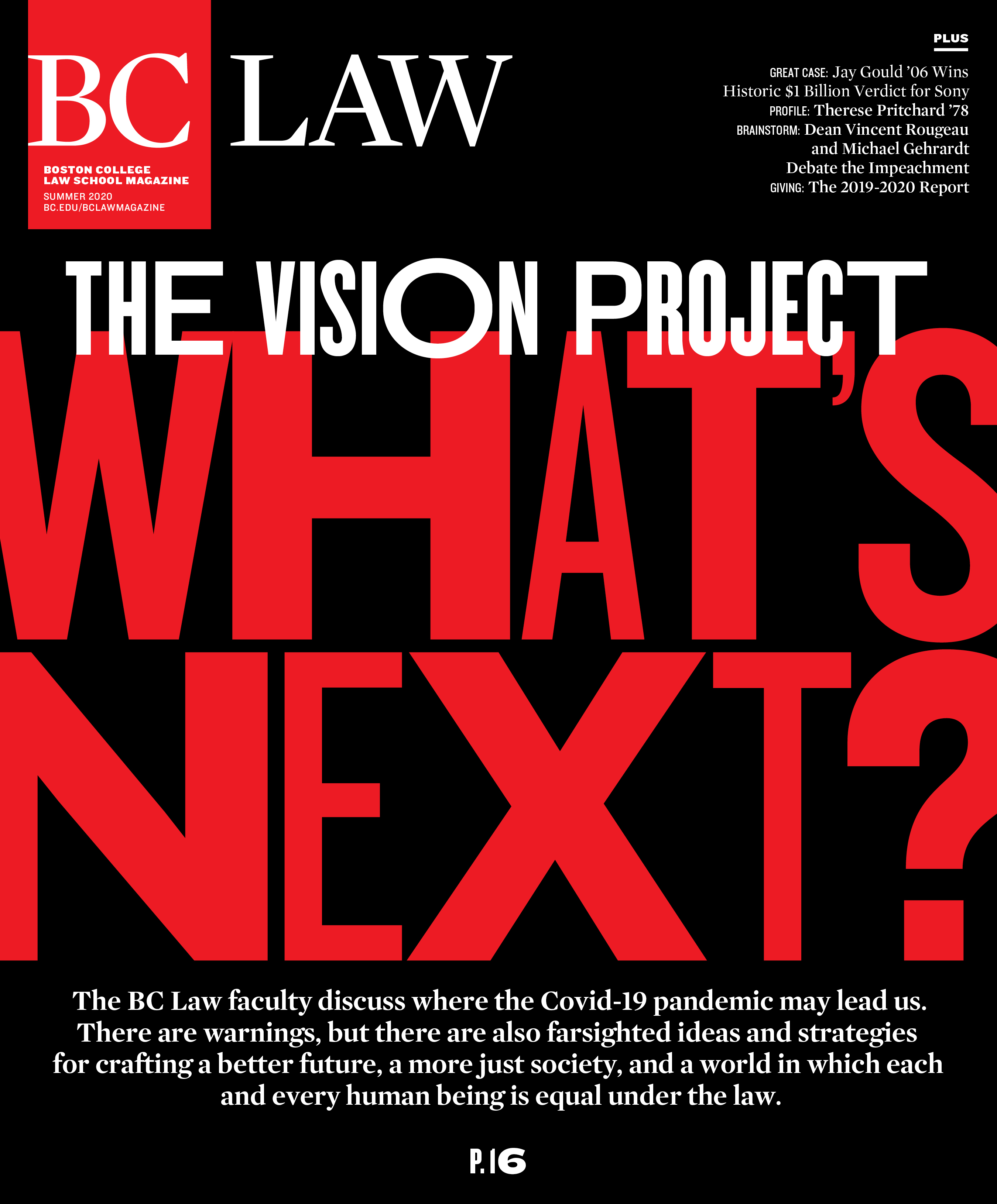Professor Ray Madoff is co-founder and director of the Boston College Law School Forum On Philanthropy And The Public Good, a non-partisan think tank.
Can charitable nonprofits survive this?What has the pandemic revealed about the philanthropic and nonprofit sectors? The crisis reminds us of the essential role that charitable nonprofits play in Americans’ lives. We count on hospitals to treat the sick, research institutions to help find vaccines, and food pantries and shelters to meet the growing needs of the hungry and homeless. Nonprofits are also playing a role in the reignited fight for justice for black Americans.
But these essential organizations are imperiled as the financial fallout from the pandemic threatens their ability to do their work and, in some cases, their very existence. Our tax system is supposed to encourage the flow of dollars from the private sector to nonprofits, but the rules are not well-suited to their purpose.
What would you recommend? We need to overhaul the tax rules governing charitable donations to ensure a closer connection between tax benefits to donors and benefits to the public. The wealthiest Americans enjoy enormous tax benefits; most Americans receive no benefits at all. We need more equity in the allocation so that all Americans’ voices for good can be empowered equally. We could start with a rule that changes the deduction to a credit of 25 percent for all gifts over a certain amount for everyone.
Nonprofits generally prefer gifts of cash, but our tax system incentivizes contributions of property. That needs to change.
Donors to private foundations and donor-advised funds enjoy significant tax benefits, but the rules do not ensure that the trillion-plus dollars set aside in these entities reach charities and provide any benefit to the public. That, too, must change.
Our inheritance, capital assets, and estate tax laws let the wealthiest Americans avoid taxation. I propose limiting the estate tax charitable deduction to 50 percent of the gift’s value. Given the wealth inequality in this country, it is important that we ensure that everyone participates in paying for the expenses of government.
To read other pieces in this issue’s The Vision Project, click here.



